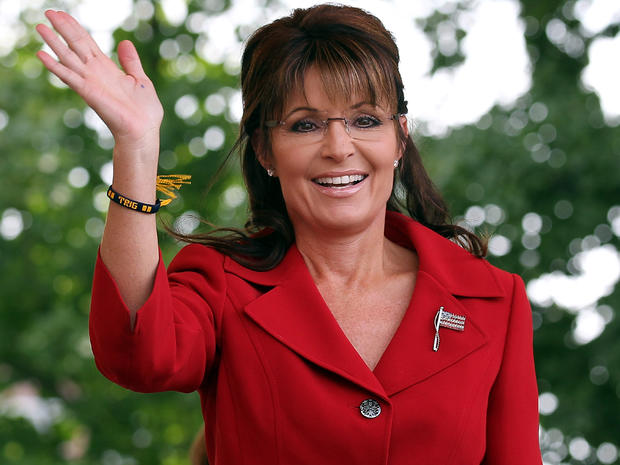How late can a Chris Christie or a Sarah Palin wait before it is too late?
With all the speculation about possible late entrants into the Republican nomination race, including N.J. Gov. Chris Christie and Fox News analyst Sarah Palin, we've been asked a lot about the deadlines - how long can a potential candidate wait to be a real candidate?
First, remember we still don't even know for sure when the primaries will be. There remains the chance that some states could move from February to January, and any filing deadlines for the ballots could conceivably move too. But it's more than just legal deadlines - a campaign apparatus has to be there, too.
Late October appears to be the latest someone could get in, gear up, and run in the early states, given all the requirements and needs of a campaign. Iowa doesn't really have a state filing deadline because it's a caucus, a gathering of activists who voice a preference during the meeting. Same with Nevada. The New Hampshire filing period is the first few weeks of November (Nov 18th at the latest) but the law seems to allow them to move it. Florida is October 31st. South Carolina is November 1st and would not likely move with a primary date move.
But the real issue for a late entrant is of course the campaign machinery itself. Even a well-funded candidate still needs some folks to go and knock on doors, make phone calls, get the message out, champion them in precinct caucuses, to say nothing of cut ads, buy media, raise money (and comply with all the requirements for doing so) develop policy papers and coordinate something as massive as a presidential campaign. Did we mention raise money? That takes some planning, and probably not one that can materialize right at the deadline. Christie or Palin might be able to overcome that in the short-term, but the rest of the field isn't going to give up that organizational edge when the voting comes around.
That said, remember that the bulk of delegates don't get awarded in the early states - in fact, few do. Those states are all about the less tangible - but critical - idea of momentum. Someone gearing up after them would have to compete against at least one other candidate who was already carrying the label of a winner.
t
